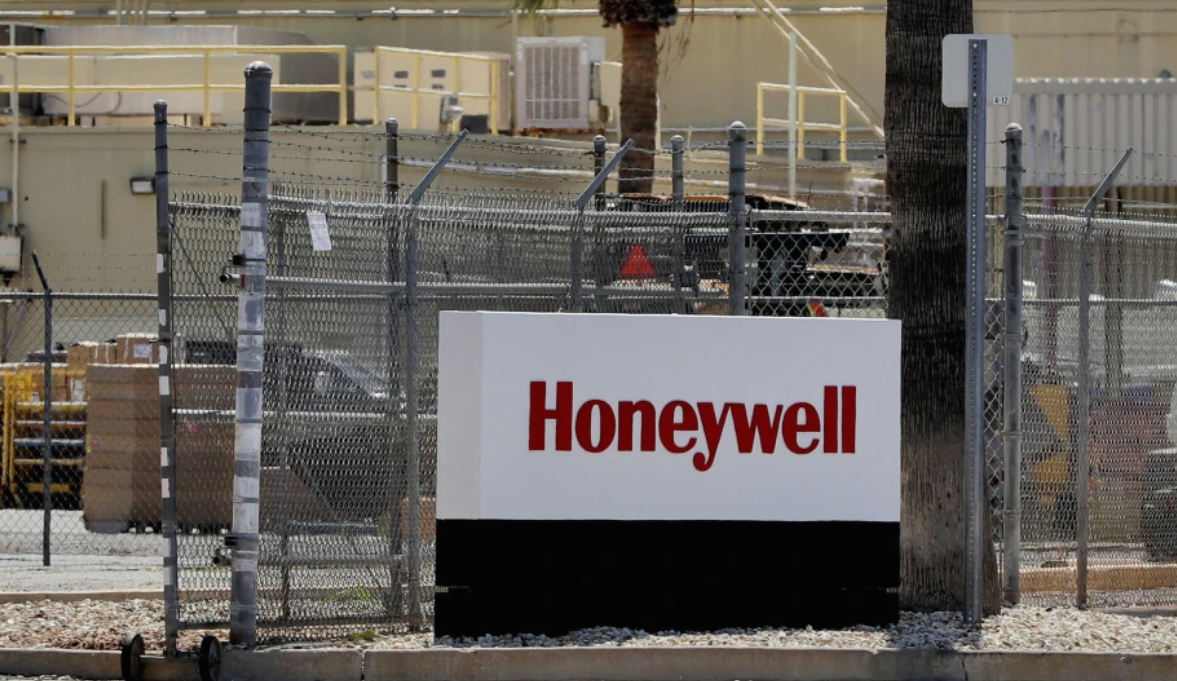Honeywell, one of the last major U.S. industrial conglomerates, has announced it will divide into three separate companies, following the example of other manufacturing giants like General Electric and Alcoa.
The company revealed on Thursday that it will separate its automation and aerospace divisions. Previously announced plans to spin off its advanced materials business will complete the split, creating three independent entities. The goal is to make each company more agile and better positioned for growth.
Honeywell’s Chairman and CEO, Vimal Kapur, stated that this move would enable each new company to pursue its own growth strategies and create substantial value for both shareholders and customers.
This decision follows a December announcement where Honeywell considered spinning off its aerospace division. The formal announcement came a month after Elliott Investment Management, which holds a stake worth more than $5 billion in Honeywell, had been pushing for the company to separate its aerospace and automation units.
Honeywell International Inc.’s board had been evaluating strategic options for the company since the beginning of 2024.
Honeywell, a company that produces a range of products from eye solutions to barcode scanners, has been working on strategies to become more agile. Since Vimal Kapur became CEO, Honeywell has announced plans to spin off its advanced materials division, agreed to sell its personal protective equipment business, and pursued several acquisitions.
The separation of Honeywell’s automation and aerospace technologies divisions is expected to be finalized by the second half of 2026. Meanwhile, the spinoff of its advanced materials business is projected to be completed by the end of this year or early next year.
Similar to Honeywell, other U.S. conglomerates have faced pressure from shareholders to streamline their structures, allowing individual business units to operate more independently and better respond to shifts in their respective markets.
CEOs like Jack Welch of General Electric built massive companies based on the belief that scale equated to power. However, these large corporations were soon competing with smaller, more specialized companies that had a sharper focus and clearer objectives.
Investors also sought greater transparency in the priorities of each division, which became harder to discern as the companies expanded.
For instance, in 2015, Alcoa, a major metals producer, announced its split into two companies, separating its core bauxite, aluminum, and casting operations from its engineering and transportation businesses.
In 2021, General Electric revealed plans to break into three public companies centered around aviation, healthcare, and energy, signaling a potential shift away from the traditional conglomerate model in favor of more specialized companies suited to the digital economy.
Honeywell’s announcement led to a nearly 3% drop in its shares before the market opened on Thursday.














